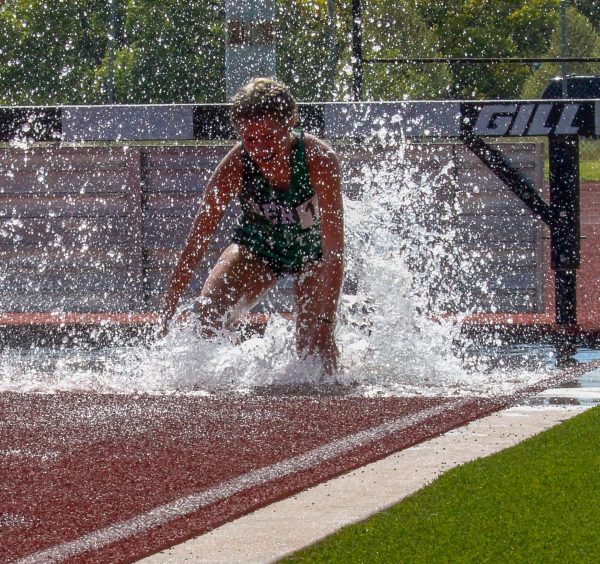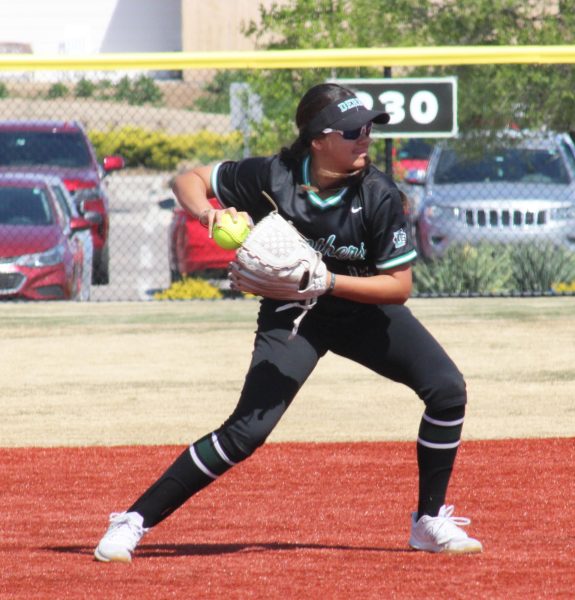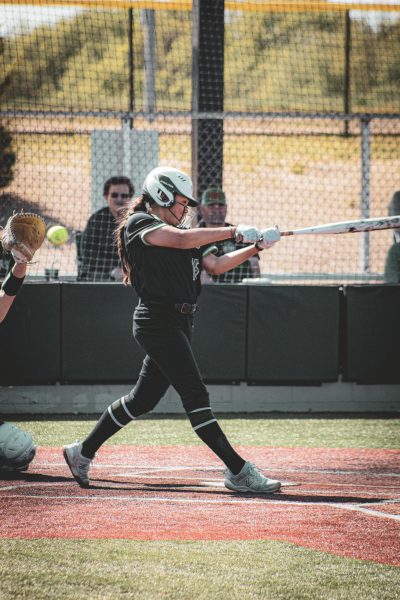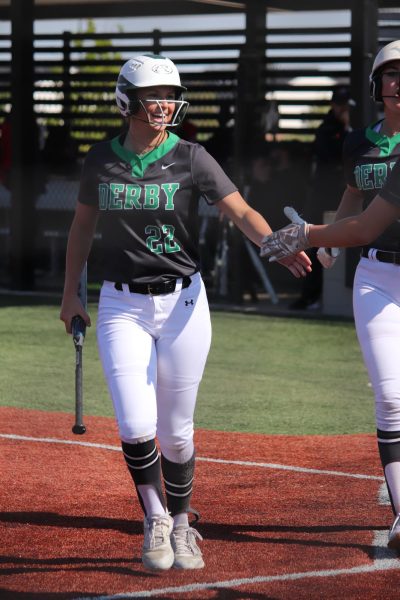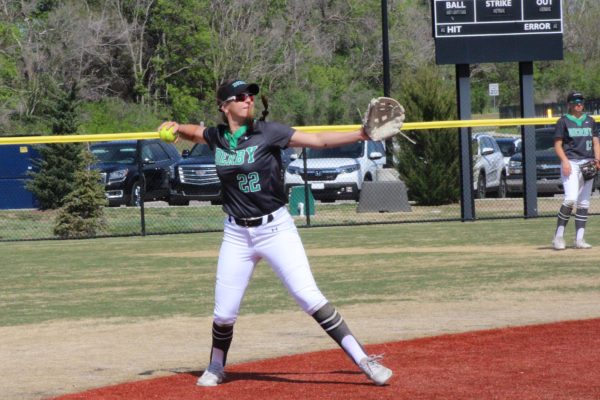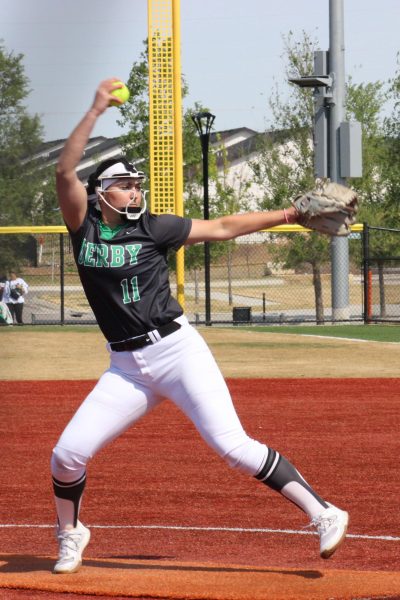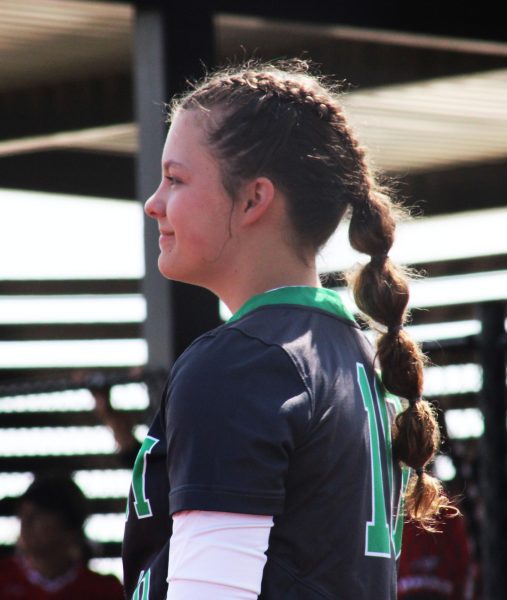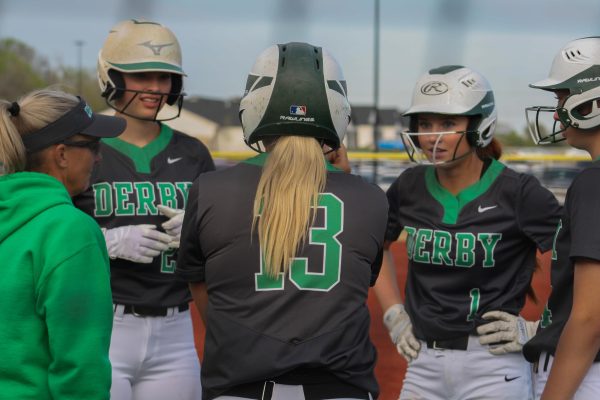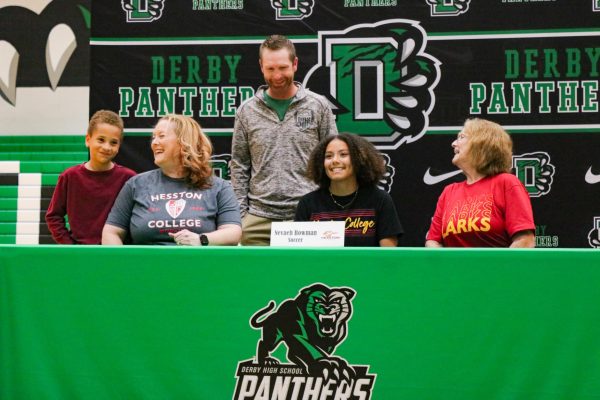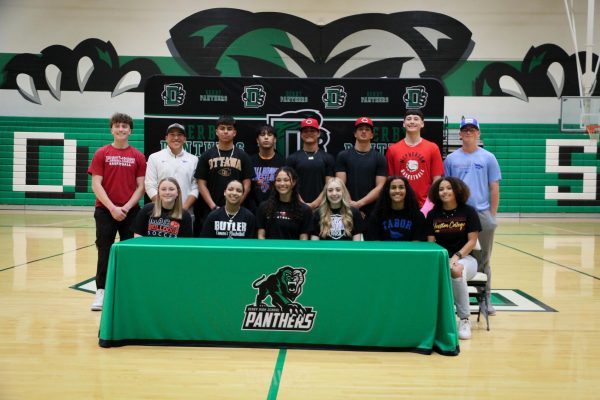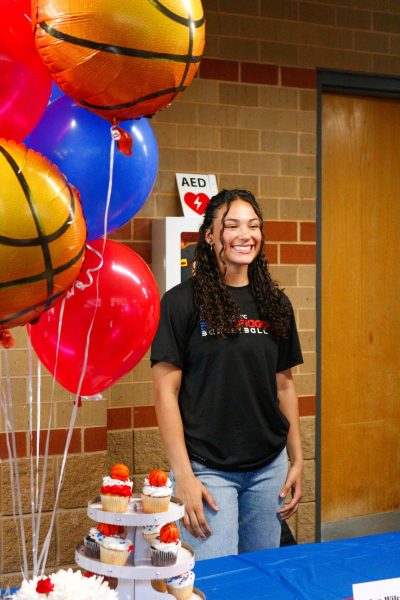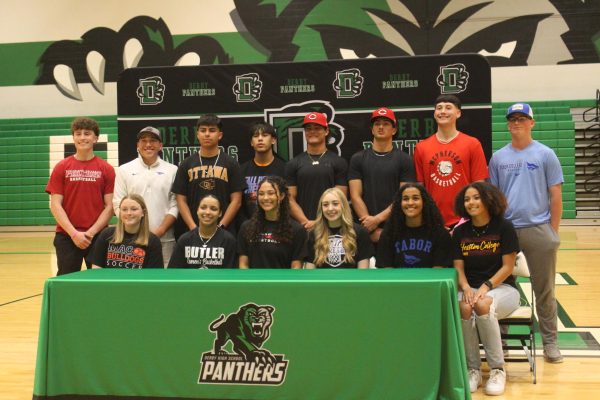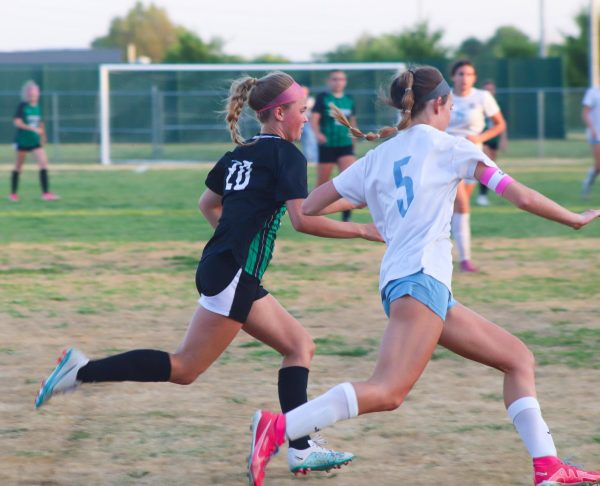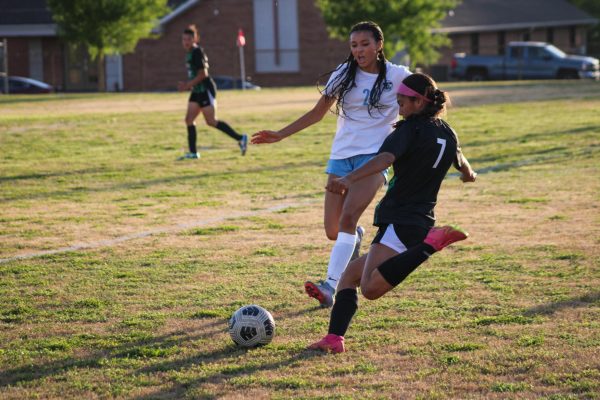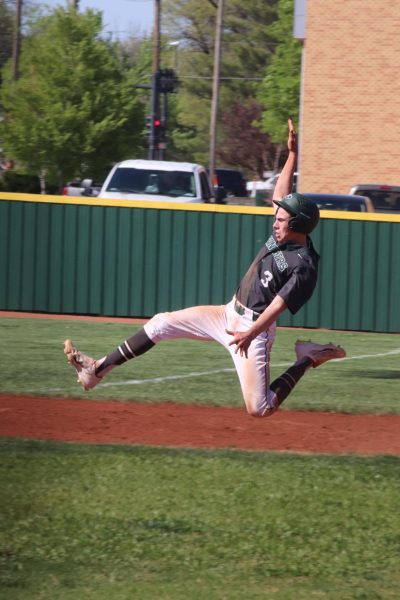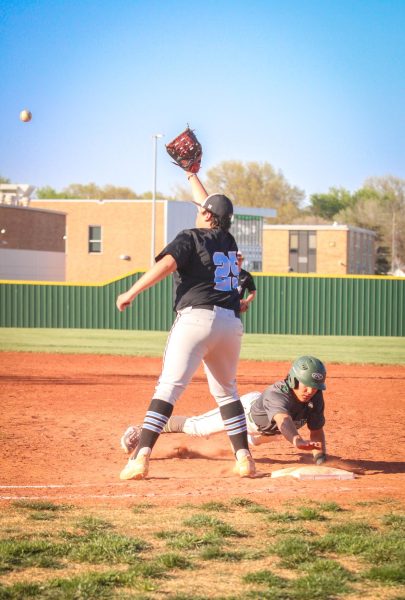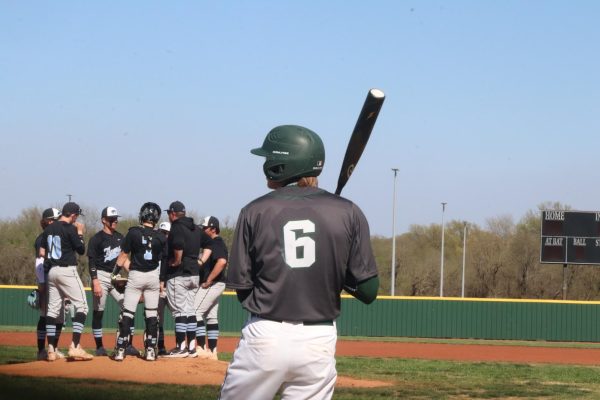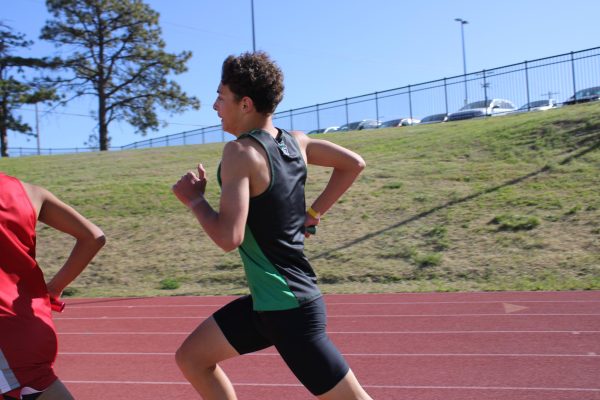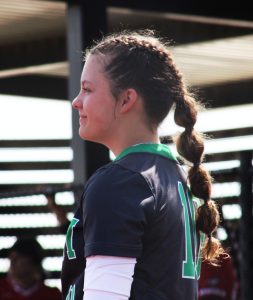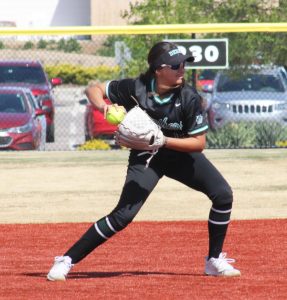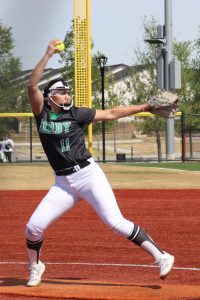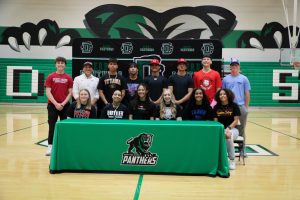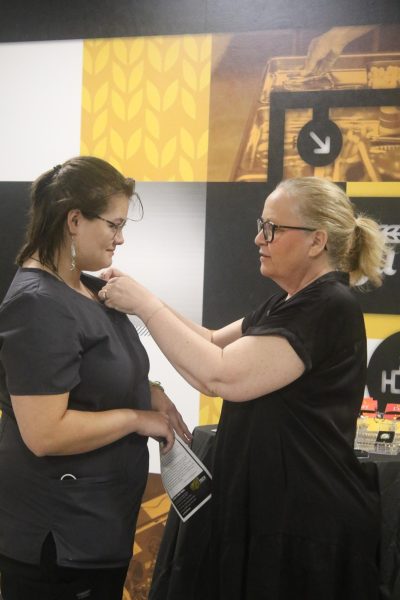Derby junior eager for contact from family in Puerto Rico
Junior Kim Martinez, a Puerto Rican native, hasn’t heard from other father one month after Hurricane Maria

Kim Martinez at the beach Los Tubos in Manati, Puerto Rico. Martinez is a native of Puerto Rico.
October 20, 2017
Puerto Rico may be almost 2,300 miles away, but the effects of the hurricanes that have hit the island are closer to home than you think.
Junior Kim Martinez, who is originally from Puerto Rico, has plenty of family who were all on the island when Hurricane Irma hit.
“I was mainly worried about my family since they live on the coast, and they don’t have any generators. They weren’t taking it seriously because they thought Irma wasn’t going to directly hit Puerto Rico,” Martinez said.

It has been four weeks since Hurricane Maria hit the island, and 81 percent of the island is still without electricity and 37 percent are without drinking water.
The lack of power also makes contacting family difficult.
“We didn’t have contact with my mom’s side of the family for at least two weeks after the hurricane because there was no signal. They had to drive really far to call people,” Martinez said.
And that’s only one side of her family.
“I haven’t had contact with with my biological dad because we’re from a really small town and usually our power arrives last compared to other municipalities that are more populated and urban,” Martinez said.
Martinez usually takes a summer trip to Puerto Rico to visit her family but isn’t sure if she’ll be able to visit this year because of the bad conditions and the loss of communication.
But her own family isn’t the only thing she’s worried about.
“I’m mainly worried about other families who have it worse and were more impacted by the flooding,” Martinez said.
And she gives advice to those looking to help.
“Donating more canned foods and water. Some were saying that have been receiving foods such as brownie mix and other things that require cooking in an oven or microwave, but can’t use those if there’s no power. A lot of people can’t find bottled water either,” Martinez said.




